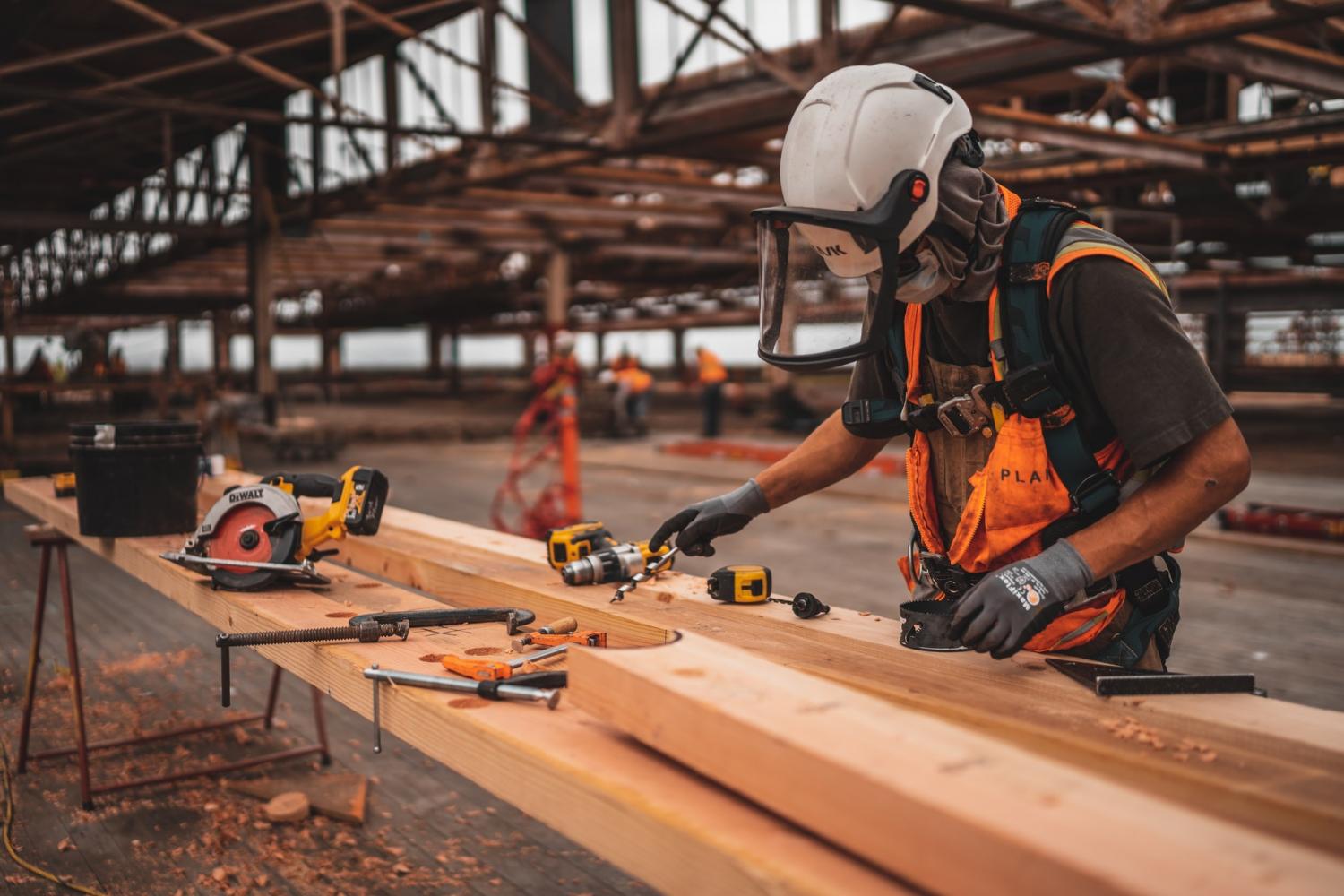
History has shown that investments in infrastructure can generate long-term benefits for the U.S. economy and workers. A massive boost in spending on infrastructure jobs helped put millions of Americans back to work during the 1930s. It allowed for another boom during the Eisenhower administration. And, at a smaller scale, a surge in repairing much of that infrastructure after the 2008-2009 financial crisis helped lower unemployment while boosting GDP.
Now, another huge infrastructure bill — the American Jobs Plan — has become the talk of Washington, D.C. as the U.S. prepares to shake off the effects of the COVID-19 pandemic. Assuming the politicking on Capitol Hill and Pennsylvania Avenue will stop, infrastructure spending could give the country another long-term economic boost, only this time going beyond traditional notions of highways and bridges, with more spending on things like water systems and broadband internet. The problem, however, is that such investments could result in benefitting too few while excluding far too many workers.
At least that’s according to the Brookings Institution, which points out in a new report that this space is still very much a white male world. Women are vastly underrepresented across infrastructure jobs, and depending on the type of work, they earn only about 88 to 91 cents to the dollar when compared to their male counterparts.
Editor's note: Be sure to subscribe to our Brands Taking Stands newsletter, which comes out every Wednesday.
As for people of color, the gap in wages for performing various infrastructure jobs is also stark. Black and Latino workers tend to dominate jobs that pay on the lower end. As for the higher paying jobs, such as road maintenance workers, power plant operators and power line installers, well over 75 percent of workers are white. As Brookings and other organizations have long argued, this discrepancy isn’t about a “skills gap,” but an opportunity gap — as in, discriminatory hiring practices, ongoing bias, and the fact that education and training opportunities are not equally available to all students and workers.
So, how can this change? At a higher level, Brookings offers a three-part solution. First, more workers need to be exposed to careers in infrastructure in the first place. Next, companies and schools need to offer more flexible options to ensure anyone who seeks a job in the relatively well-paying building and construction industry can score the training that he or she needs. Such a change could include training available near public transport hubs and more access to affordable childcare. Finally, companies within this industry need to take action to ensure their work sites are actually welcoming to all: For example, women working in “traditionally male” fields tend to endure more sexual harassment than in other sectors, according to a 2020 Catalyst study.
“Future infrastructure investments hold enormous potential in expanding economic growth, but ensuring this growth is equitable and enduring hinges on our ability to learn from the mistakes we’ve made in past infrastructure stimulus efforts,” the Brookings study’s authors concluded.
Image credit: Jeriden Villegas/Unsplash

Leon Kaye has written for 3p since 2010 and become executive editor in 2018. His previous work includes writing for the Guardian as well as other online and print publications. In addition, he's worked in sales executive roles within technology and financial research companies, as well as for a public relations firm, for which he consulted with one of the globe’s leading sustainability initiatives. Currently living in Central California, he’s traveled to 70-plus countries and has lived and worked in South Korea, the United Arab Emirates and Uruguay.
Leon’s an alum of Fresno State, the University of Maryland, Baltimore County and the University of Southern California's Marshall Business School. He enjoys traveling abroad as well as exploring California’s Central Coast and the Sierra Nevadas.














